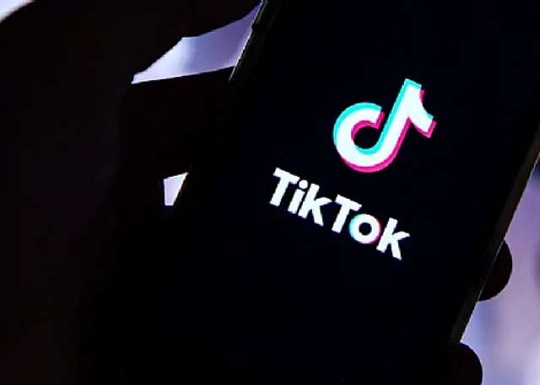The US Senate has approved a bill that could see TikTok banned in America over national security fears.
It gives TikTok's Chinese owner, ByteDance, nine months to sell its stake or the app will be blocked in the United States.
The bill will now be handed over to US President Joe Biden, who has said he will sign it into law as soon as it reaches his desk.
TikTok has told the BBC that it did not have an immediate response to the move. Previously, Bytedance said it would oppose any attempt to force it to sell TikTok.
"It's a big deal", Doug Calidas, a tech expert at Harvard University's Belfer Center, told the BBC.
"In the period of a few weeks they managed to pass a law through both chambers which very rarely happens - to see them act so quickly on a matter of public concern."
If the US is successful in forcing ByteDance to sell TikTok, any deal would still need approval from Chinese officials - but China has vowed to oppose any such move.
It could take several years before the app is blocked in the US, as legal action from ByteDance, likely all the way to the Supreme Court, would delay the process.
The legislation then allows the company nine months to sell TikTok, with an additional three-month grace period.
There is also the small matter of who would be able to buy and operate it - the price would likely be in the tens of billions - meaning there would be few potential buyers.
If it is not sold in time, the app could then be blocked in the country - the US says this is because it is concerned TikTok could be used to spy on Americans, or to spread propaganda.
TikTok gathers similar kinds of data to other apps, but the US is concerned this data could fall into the hands of the Chinese government - claims the company has always contested.
US politicians may also face a public backlash - it has more than 170 million users across the country.
Aid for Ukraine
The measure was passed as part of a package of four bills which also included military aid for Ukraine, Israel, Taiwan and other US partners in the Indo-Pacific region.
It had widespread support from lawmakers, with 79 Senators voting for it and 18 against.
"For years we've allowed the Chinese Communist party to control one of the most popular apps in America that was dangerously short-sighted," said Senator Marco Rubio, the top Republican on the Intelligence Committee.
"A new law is going to require its Chinese owner to sell the app. This is a good move for America," he added.
TikTok has cited civil liberties concerns in its defence.
Last week, the social media company said the bill would "trample the free speech rights of 170 million Americans, devastate seven million businesses, and shutter a platform that contributes $24 billion to the US economy, annually."
TikTok has said ByteDance "is not an agent of China or any other country". And ByteDance insists it is not a Chinese firm, pointing to the global investment firms that own 60% of it.
Its chief executive, Shou Zi Chew, said last month the company will continue to do all it can including exercising its "legal rights" to protect the platform.
Mr Shou was grilled by Congress twice in less than a year, and downplayed the app's connection - and his personal links - to Chinese authorities.
The social media platform made efforts to rally support against the potential ban, including a major lobbying campaign.
It also encouraged TikTok users and creators to express their opposition to the bill.
University of Richmond law professor, Carl Tobias told the BBC that a prolonged legal battle is likely to follow and that "could take about two years".
He also said if a buyer for ByteDance's stake is not found within the nine-month period, it could delay any action against TikTok in the US further.
BBC





